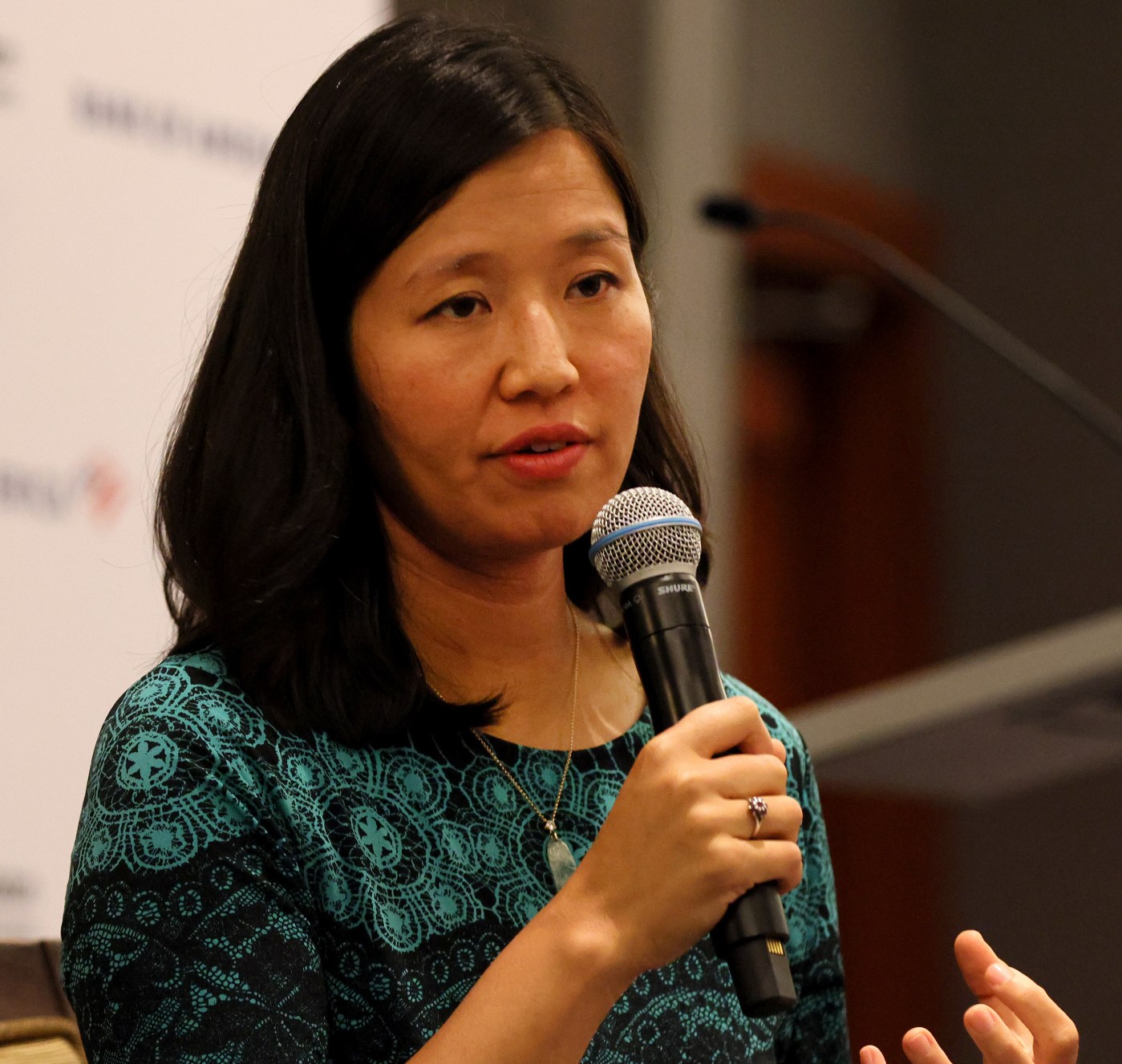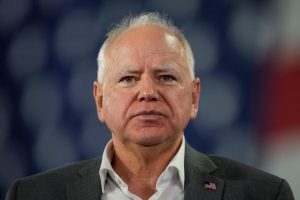
Boston Mayor Michelle Wu, city business leaders strike deal on commercial tax hike bill
Boston Mayor Michelle Wu and business leaders have reached a compromise that the mayor’s office says will provide a “path forward” for the city’s plan to raise commercial tax rates, by way of a lower shift of the tax burden on to businesses.
Wu announced Wednesday that an agreement had reached with the heads of the Greater Boston Chamber of Commerce, Boston Municipal Research Bureau, NAIOP Massachusetts, and Massachusetts Taxpayers Foundation, six days after the stakeholders penned a letter to legislative leaders saying they would withdraw their objections to the plan, contingent on a lower tax shift onto businesses.
The mayor has filed new home rule petition with the Boston City Council featuring the terms of the agreement, which includes the lower maximum shift of 181.5% that was recommended by the four business groups, rather than the 182% Wu had initially included in a draft petition she had been circulating.
The plan is aimed at preventing a 27.8% quarterly increase in property taxes for the average single-family homeowner next year, and would instead garner a roughly 9% increase. If the petition is approved by the Council, it would then filed as state legislation that needs approval from the House and Senate.
“For Boston to be a home for everyone, our residents and businesses depend on each other to thrive,” Wu said in a statement. “As we continue working together on the challenges facing our communities and economy, I’m grateful for the strong leadership and partnership from across our neighborhoods and business community to plan for our shared future and economic growth.”
“The Greater Boston Chamber of Commerce remains committed to creating a region where all people and all businesses can thrive,” James Rooney, president and CEO of the Greater Boston Chamber of Commerce, said in a statement. “I am proud that we worked with Mayor Wu to reach a resolution that mitigates short-term property tax increases for residents while avoiding significant new burdens on commercial properties.
“Our united business community voice, which was led by the Chamber, the Massachusetts Taxpayers Foundation, NAIOP Massachusetts, and the Municipal Research Bureau was integral at every step of this process, and this will serve the City well as it tackles the fiscal challenges ahead.”

